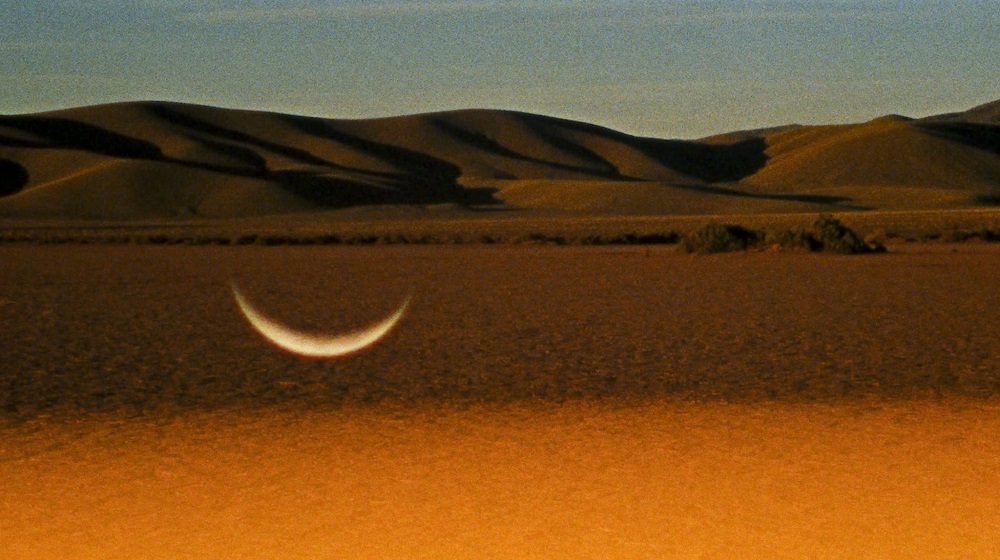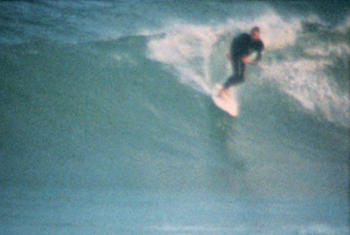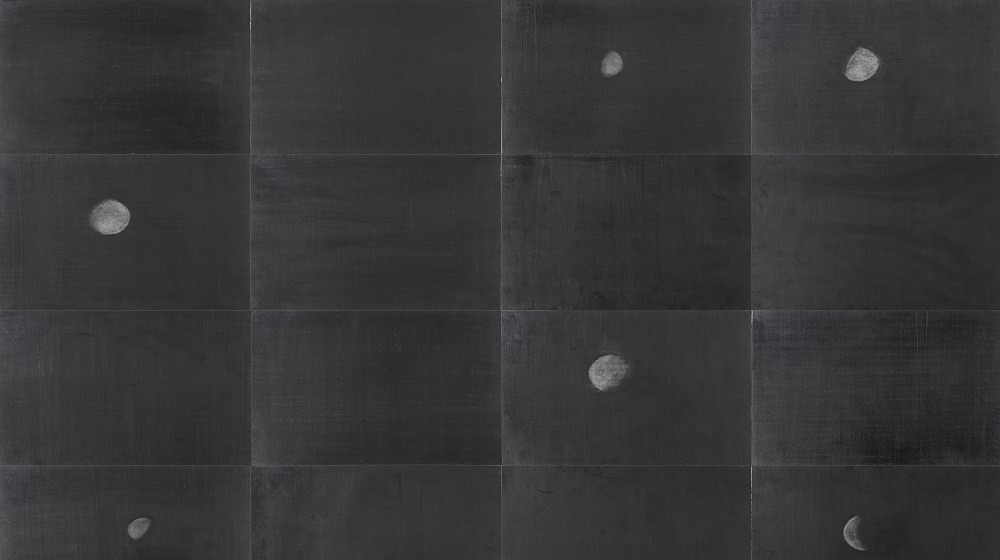Lunar Almanac, the first film we'll see in this session by Malena Szlam, records the lunar cycle in 16 mm through different layers and points of view, creating visual reverberations of this astral body obtained by means of superimpositions and long exposures. This work is followed by Altiplano, a film shot in the Andes Mountains in northern Chile and northwestern Argentina, presenting vibrant landscapes of ancient salt flats, volcanic deserts and coloured lakes accompanied by infrasound from volcanoes, geysers and blue whales. Finally, Merapi is a fragmented study of the landscape around the "fire mountain", a volcano located in Indonesia, where the Chilean filmmaker closely observes certain common phenomena such as the movement of clouds, the sunrise and sunset and their variations in light.
Insulana, by Patricia Dauder, is a work inspired by the volcanic eruption that affected the Azores archipelago between 1957 and 1958 and left the island of Faial completely covered in ash. However, the film doesn't attempt to relate this event but rather to compile certain traces where the present and past coexist indistinctly, and it does so by mixing archive images with others filmed by the artist, both in her studio and in the places affected by the eruption. The second film we'll see by Dauder, Península, constantly juxtaposes interior and exterior spaces, formats (16 mm and super-8), colour and black and white in an attempt to portray what it's like to be physically in one place but mentally in another. The session ends with March 5th 1979, based on a series of still images that portray an unidentified luminous phenomenon observed in the sky over the Canary Islands on 5 March 1979.
Malena Szlam: Lunar Almanac, 16 mm, silent, 4'; Altiplano, 2018, 35 mm, 16'; Merapi, 2021, 16 mm to digital, silent, 8'. Patricia Dauder: Insulana, 2021, digital, 16'; Península, digital, silent, 5'; March 5th 1979, 2011, 16 mm, silent, 5'.
Szlam's copies from Light Cone. Dauder copies courtesy of the artist.


